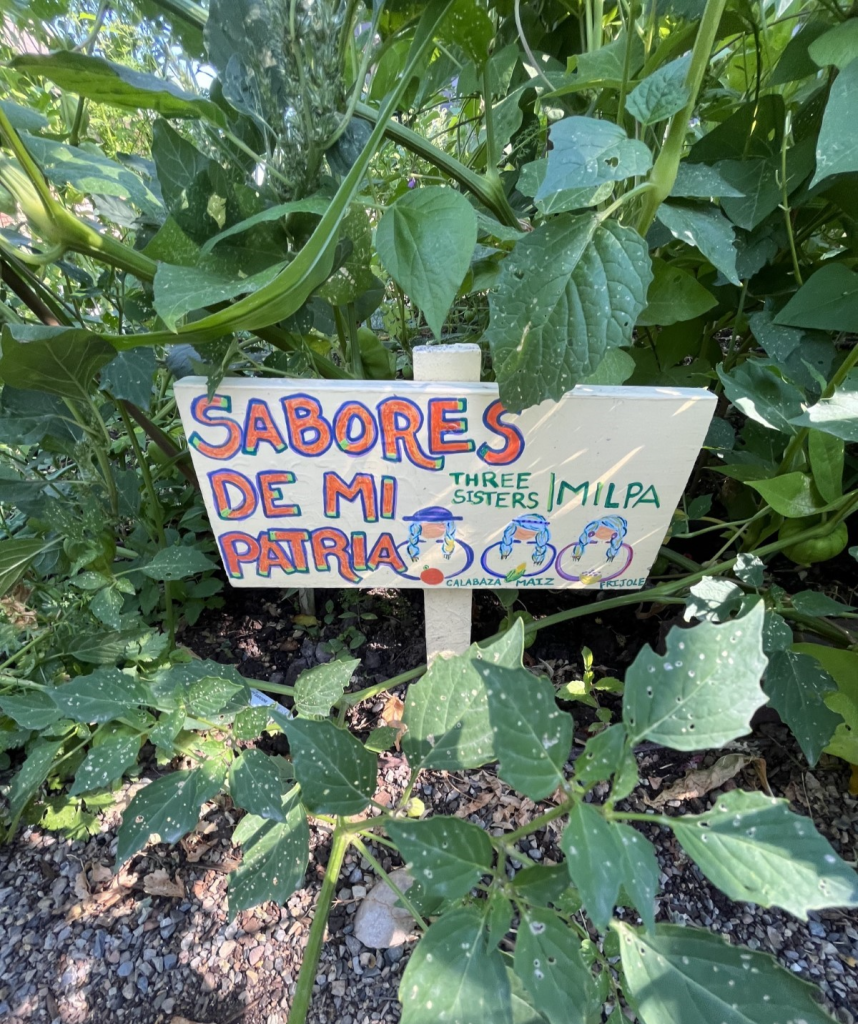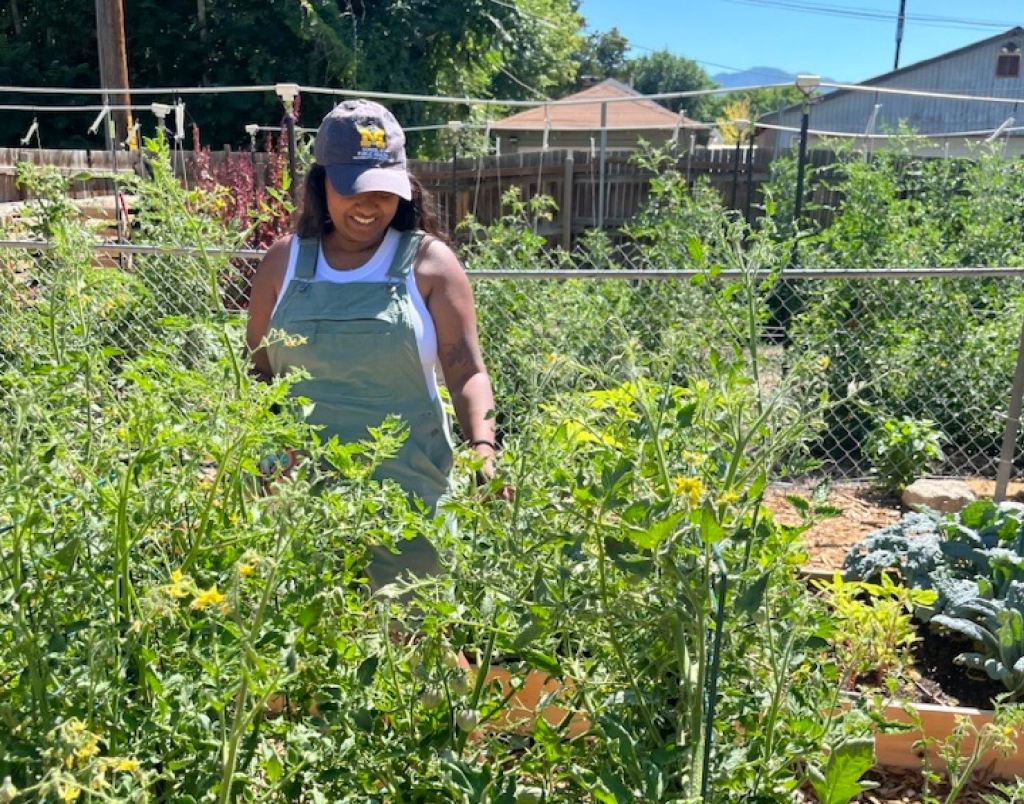by SLCgreen outreach coordinator Stephan Sveshnikov
One of the many ways SLCgreen furthers our sustainability goals is through supporting our local food system. Salt Lake City is committed to providing and facilitating funding for local food programs to enhance access to fresh, healthy, and sustainable food. In recent years, we’ve worked to relax ordinances to allow for backyard chickens and beekeeping, expanded the number of community gardens in the city, and contracted with Green Urban Lunchbox to run the SLC Fruitshare program.
Have you ever wondered how much food you could grow in your yard if you took the time to garden? We produced a Food Map that helps you find an estimate of your yard’s food production potential and provides resources that will educate and empower you to grow more food.
Many Salt Lake City locals are already growing thriving gardens. We recently sat down with one of Salt Lake’s urban farmers, Darin Mann, to talk about his garden, water reduction efforts, and food justice advocacy.
Growing Community
Darin Mann calls his neighborhood the “Venice of Salt Lake.” The garden of cabbages, kale, tomatoes, and everything in between, known officially as the “Village Co-op,” is nestled between Fairpark and Rose Park, in one of the most ethnically diverse places in the state of Utah. On the other side of his farm stands a mosque and, next to it, a Buddhist temple. Just down the street is the Virgin of Guadalupe Catholic Church. An oasis of green in a crossroads of cultures.
Darin knows the neighborhood well. His farm isn’t called the Village Co-op for nothing: “Every single day I have at least 30 neighbors coming and talking to me about my garden,” he says. Add to that number the 200 families signed up to receive produce box alerts and upwards of 300 volunteers this season alone, and you start to see the sort of impact a small urban farm can have on the surrounding community.
Read more











